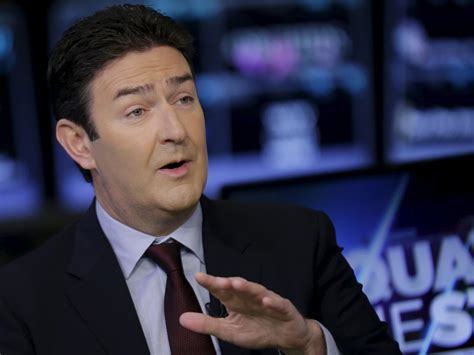A Quote by Steve Easterbrook
What I've looked to do is try and become a change agent for good, to create the behavioral changes, the cultural changes to really embrace urgency, adopt a higher tolerance to risk, and just encourage people to make decisions.
Related Quotes
My methods produce lasting behavioral change without unpleasant consequences, because the change does not come from an effort of will. It comes from examining your deep-rooted beliefs of who you are and how the world functions. As you examine these beliefs and make changes in them, you literally become a different person.
When you're an adolescent, you suddenly wake up one morning and your body is an enemy. There are hormonal changes, physical changes, emotional changes. People are saying to you, 'Now you have to make the decisions that define the rest of your life.' The X-Men takes those elements and pushes them one giant step farther.
The changes that we can make in the culture can be there for people that we will never meet, that will never know us, and that's what keeps me up at night. It's what excites me about science, that we can learn ways of being with each other. And the behavioral sciences have not been enough of a part of cultural development. The physical sciences have; the behavioral sciences have not. And I would like to see if we can bring some things into human culture that would humanize and soften and empower people.



































